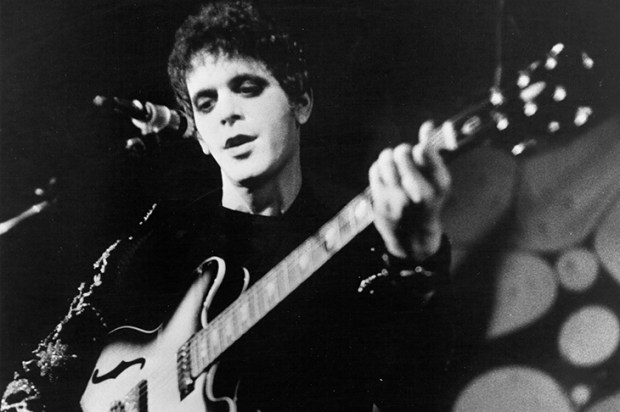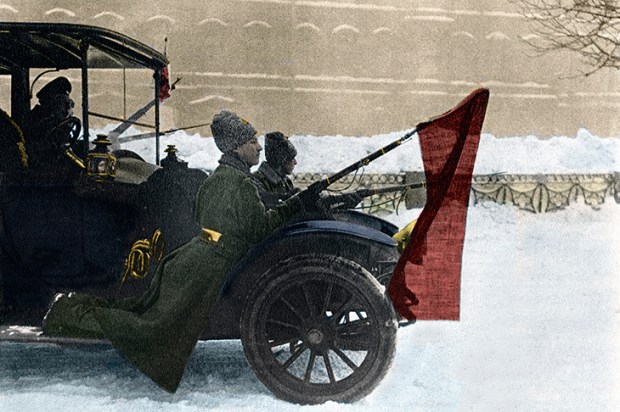I like novelists who don’t try to do everything in their novels, but just to do something well. This is what Francesca Segal achieves in The Awkward Age, published four years after her book, The Innocents, won the Costa First Novel Award. She takes six characters — widowed, middle-aged
Julia, her teenage daughter Gwen, her grandparents-in-law Philip and Iris, her new American boyfriend James, and James’s teenage son Nathan — and plonks them in sturdy houses in Hampstead, sets the clock, and lets the story play out. Gwen and Nathan are now forced to share a dwelling. Like a good piece of Bach, what unfolds has an inevitability to it but manages also to be surprising at every moment. Segal has an uncanny ability to climb into the mind of each character and show us convincingly exactly what he or she would think, say and do.
The novel opens with these anti-Larkin words: ‘The teenagers would fuck it up. Certainly they always tried; it was the only impulse Gwen and Nathan had in common, beside their hostility to one another.’ Who is thinking this — the author or one of the characters? It’s an intriguing opening to an assured novel.
You can guess what gradually happens between the two reluctantly cohabiting teenagers. Their parents, far from being delighted that their own love has spawned more love, are horrified at the audacious behaviour of their offspring and do all they can to put a stop to it. Then, the biologically inevitable happens, which causes all six characters to confront their fears and their souls.
Nothing is melodramatic: they all continue to tie their shoelaces, stare into fridges, prepare barbecues, sort out bags of old clothing, revise for exams and talk to each other, sometimes in bed and sometimes in cinema queues. But each scene is so deeply imagined that it’s extremely revealing of character. The wilfulness of willowy, 16-year-old Gwen is especially well drawn (and makes me relieved to be the mother of boys). Her best friend Katy is palpably terrified of her, and well-meaning Julia is helpless in the face of her daughter’s withering stubbornness. I also loved Philip, Gwen’s grandfather, a kind man, bossed about by his still-doting ex-wife Iris. After a powerful scene in the rain by a parked car in Belsize Park, he makes a bold move that gladdens the heart.
Got something to add? Join the discussion and comment below.
Get 10 issues for just $10
Subscribe to The Spectator Australia today for the next 10 magazine issues, plus full online access, for just $10.
You might disagree with half of it, but you’ll enjoy reading all of it. Try your first month for free, then just $2 a week for the remainder of your first year.














Comments
Don't miss out
Join the conversation with other Spectator Australia readers. Subscribe to leave a comment.
SUBSCRIBEAlready a subscriber? Log in